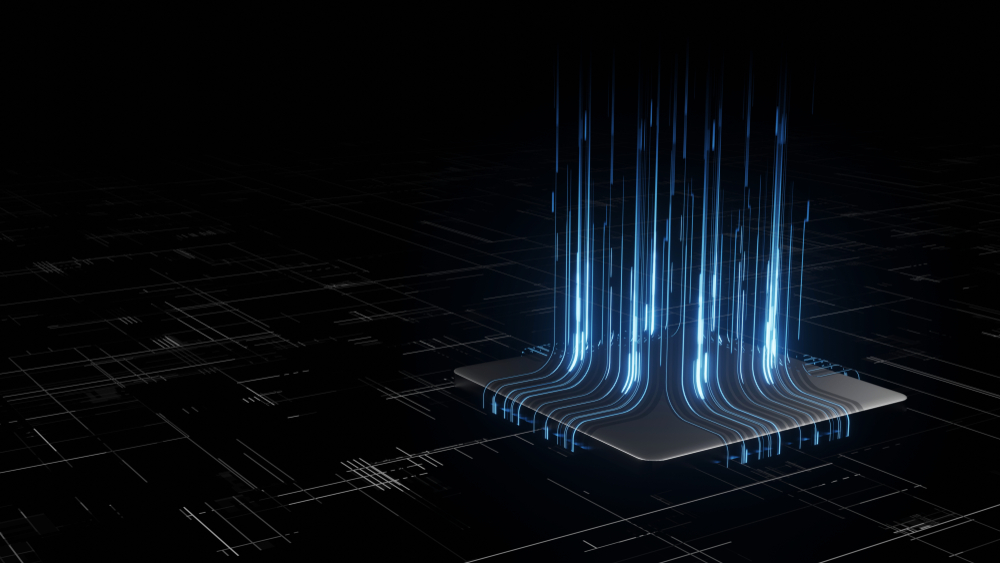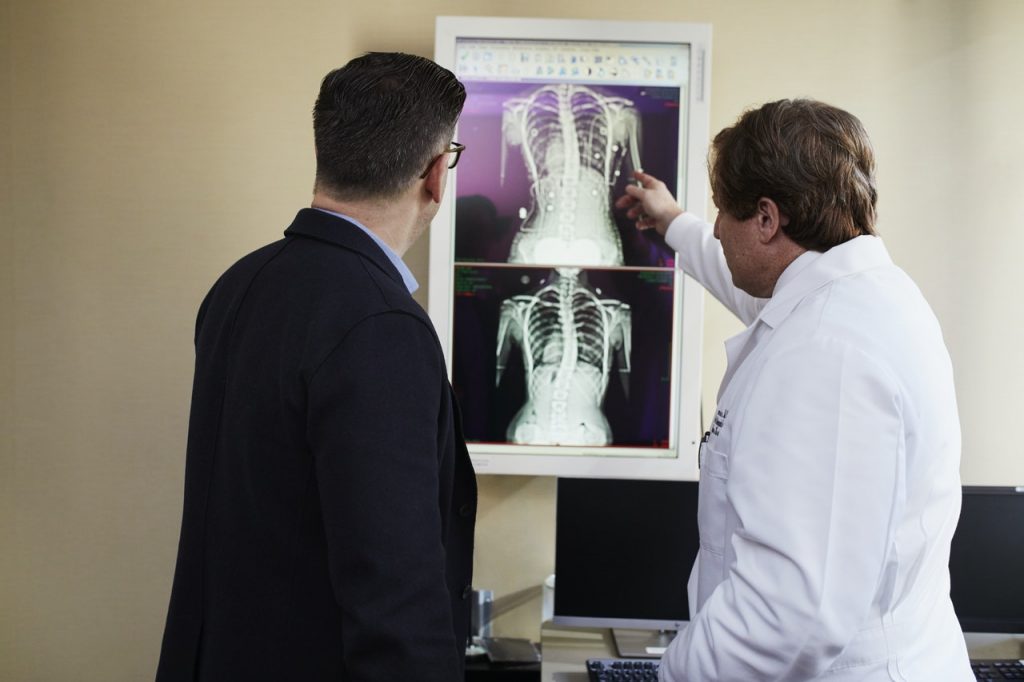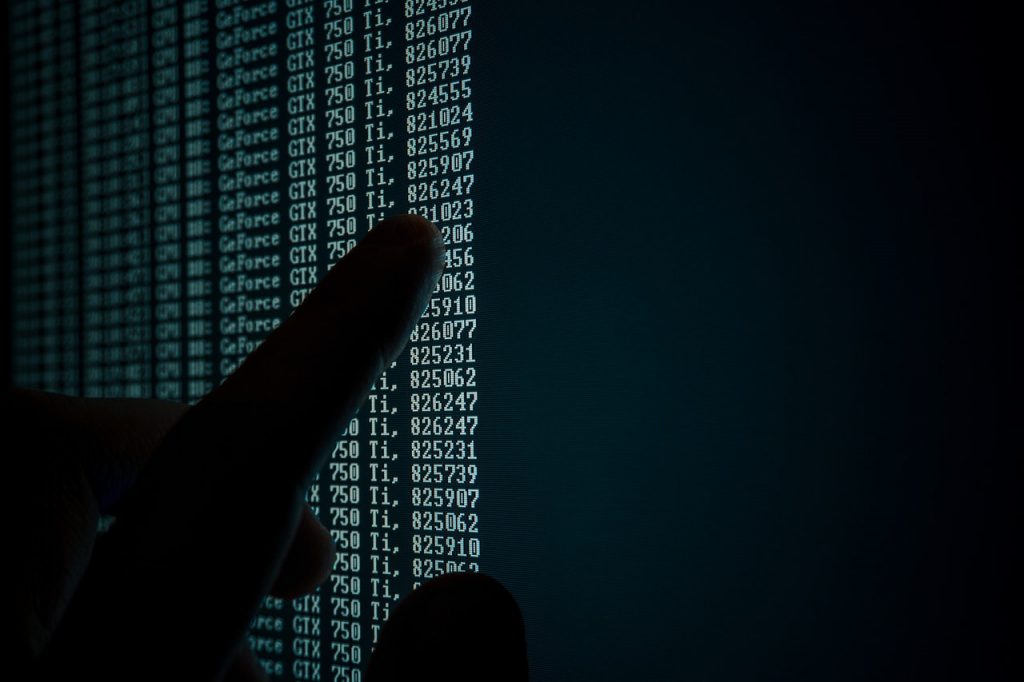Blockchain technology has many applications in healthcare. It can improve monitoring devices, mobile health applications, and clinical trial data. It can also offer a new model for health information exchanges by making electronic medical records more secure, efficient, and decentralized. While not a magic bullet, blockchain technology offers a platform for investment, experimentation, and proof-of-concept testing.
There's so much hype around blockchain. You'd think it is the cure-all technology or one that will solve the chronic data security and interoperability issues that cripple health data sharing. Blockchain will be used to share health information securely and to approve and monitor health data usage. However, the technology alone won't make health data interoperable or ensure data is shared. A lot has to go into standardizing health data formats and coding and controlling data sharing for research and system-wide improvement.
The first blockchain applications will likely handle the secure exchange of well-defined healthcare transactions like tracking the drug supply chain to prevent counterfeiting or settling insurance claims, and so on. But it will take a while to address challenges like interoperability, sharing, and access.
What is blockchain technology?
Blockchain is a distributed ledger technology (DLT) used to securely record transactions across many computers in a peer-to-peer network without the need of a third party. In the blockchain, every block of data (block) is secured and linked to the next one using cryptographic principles (chain). It's emerging as one of the most promising technologies of the 21st century and is widely applied in healthcare for these reasons:
- It is decentralized, thus not owned by a single entity.
- It is secured through cryptography so users can trust that data blocks are verifiable and authenticated.
- It is open-source software, so there is no central authority. Anyone can view its code and suggest upgrades or changes.
- It is immutable, meaning no person can interfere with data that's inside the blockchain.
- It can be programmed to limit participation or access to data sharing.
- It can enable other technologies like smart contracts, distributed applications, and cryptocurrencies. Blockchain can also act as a digital backbone for other technologies like artificial intelligence, cloud computing, mHealth and eHealth applications/devices, and the Internet of Medical Things (IoMT).
- Its environment is modular and expansive and can adapt to vast use cases in healthcare and beyond.
But despite its potential in healthcare, blockchain remains immature. Gartner's research describes it as a technology in a "hype cycle,” meaning one that's marked with stages of innovation triggers, enlightenment, disillusionment, inflated expectation but ending in a "plateau of productivity." Health blockchain is still in its early days. It cannot be compared to sectors like supply chain, logistics, and financial services that have seen a much faster adoption rate.
Future of healthcare on the blockchain
From biomedical research, to insurance payments and everything in between, blockchain applications will impact almost all healthcare system aspects. This is because the healthcare sector thrives on data generation and sharing. Here is what the health blockchain may look like soon.
Solution for the Drug Supply Chain Security Act (DSCSA)
Blockchain's ability to trace and store time-stamped data across a P2P network makes it perfect in solving DSCSA's traceability requirements. DSCSA upholds drug security standards by ensuring that all drugs are traceable from when they leave the manufacturer to the time they reach the dispenser. This is in a bid to boost tracking, detection, and removal of misbranded, counterfeit, or potentially dangerous drugs from the supply chain. A network using blockchain is uniquely secured and could be effective in drug fraud prevention. Today, various trials are underway as different vendors try to craft solutions that meet DSCSA's requirements.
A possible solution for EHRs
Electronic health record management is an important application area for blockchain technology. It deals with data exchanges across various health sectors and ensures to protect the data's source, integrity, and privacy for accurate analysis and insights. EHR is an excellent example of the blockchain-based privacy-preserving prediction model. Facilities are now applying machine learning to study data in their EHRs and using the learned model to predict patient outcome. But since no facility has enough patient records, there's the need to share various data across organizations. However, they have to apply privacy-preserving prediction modeling methods – like blockchain to avoid re-identification and data breach risks. Blockchain stores medical records securely and allows real-time updates. It can also allow secure access for all permissible users.
Solution for medical staff credentialing
Credentialing can be time-consuming and expensive when done through snail mail, faxes, and phone calls. Since blockchain can be approved and updated in stages, it may be a perfect solution in the credentialing process. Credentialing smart contract is an excellent example of a possible blockchain application. A smart contract is a self-executing contract with terms of the agreement between parties written into code lines. It facilitates trusted agreements and transactions to be carried out among disparate, anonymous parties without the need for a legal system, central authority, or external enforcement mechanism. Smart contracts can be used:
- To purchase health insurance
- To help with interoperability between hospitals – like when a patient switches to another hospital
- To enhance security and privacy hen sharing clinical data
Solution to the need for sharing and privacy
Many blockchain-based features can help facilities strike a balance between privacy and sharing. For years, healthcare organizations have depended on policy to maintain patient data and siloed. But without technologies to resolve the sharing and privacy issues, these organizations risk compromising data. In the coming years, blockchain will take care of such issues, allowing facilities to share critical data without the fear of breach and arising suits. This is thanks to its ability to audit who, when, and where the data is used.
On top of that, the disruptive technology will enable open health data exchange markets run by patients. These markets will only have valuable, verified, and validated data from treatment outcomes, verified diagnostics, genetics, real-world evidence, etc. Permissioned blockchains will allow patients to decide how they want to use their data in exchange for health solutions and compensation.
Adoption of blockchain in healthcare
The perception that blockchain is fairy a new technology and closely linked to the Bitcoin cryptocurrency, hinders its adoption within the healthcare community. Besides, the technology cost can be high. The proof of work, for instance, consumes a large amount of computational power. Again, blockchain doesn't remove or replace modified records but adds blocks to the chain to represent modifications and deletions, which adds to the storage problem.
With that said, blockchain absolutely is a viable technology. And while it could take years for its practical application across the industry, blockchain adoption has already taken off with financial institutions and in dozens of companies. For instance, IBM is using AI to detect patterns with Block Chains to help find treatments or remedies for specific diseases. Mount Sinai also uses blockchain in AI to rapidly read chest CAT Scans of potential COVID-19 patients. There is no telling what the future holds, but we know that blockchain will immensely disrupt the healthcare sector, perhaps for the better.
John is a highly respected and seasoned C-level sales, operations and general management executive, with decades of proven success in growing sales and profits while vastly improving operational disciplines.








